In a Facebook post on 10 July, Lee Hsien Yang, the younger brother of Singapore’s prime minister Lee Hsien Loong, asks if Singaporeans are better off today than two years ago.
He posed this question on the basis of examining HDB lease decay and whether there’s a long-term fix to it.

In his post, Lee shared the Bala Table, which is used by the Singapore Land Authority to determine the value of a land parcel based on the remaining lease.
99.co has covered the Bala Curve before.
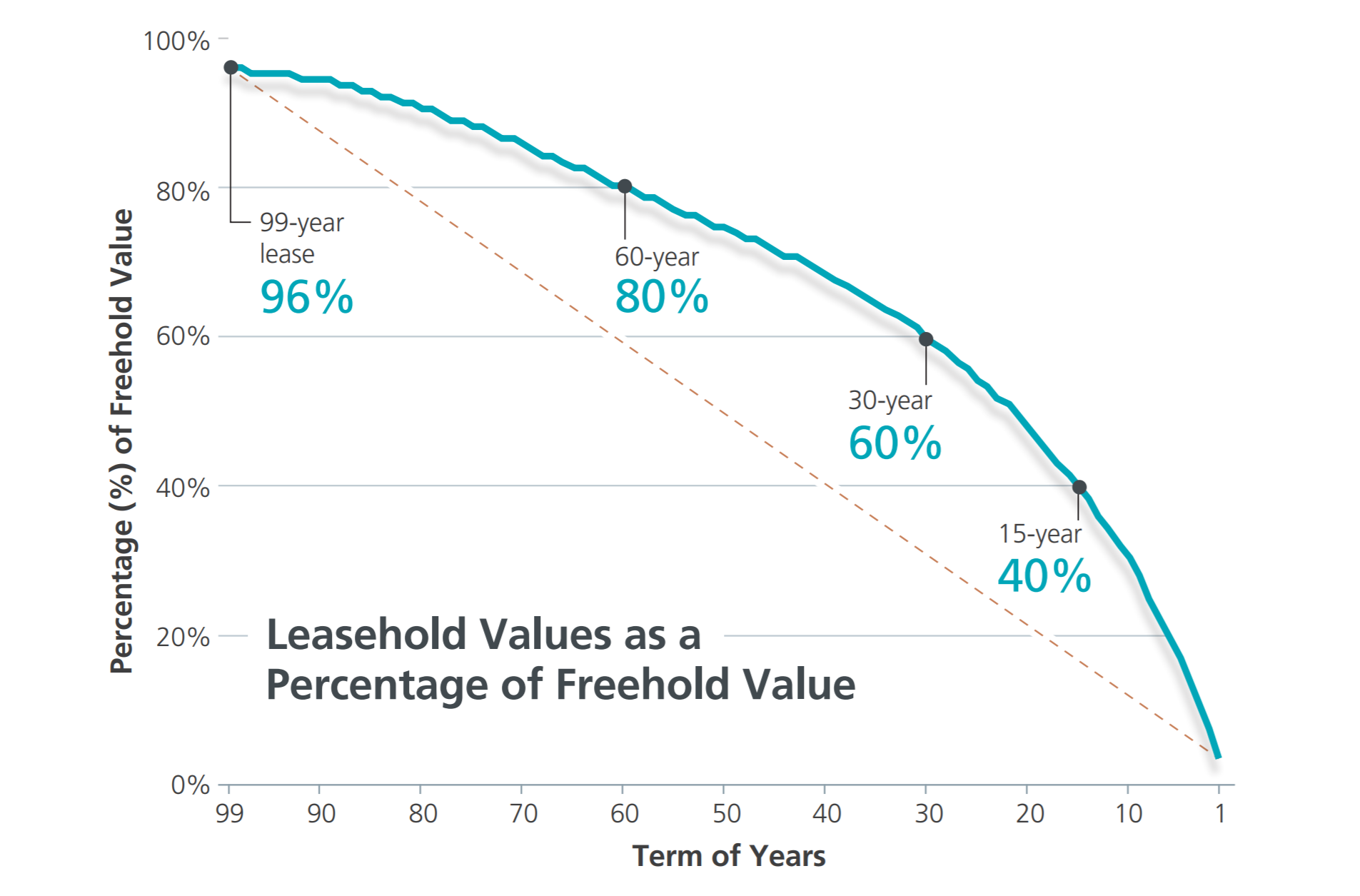
In short, the table/curve originated way back when Singapore was still a British colony. Then, a British Land Office employee named Bala came up with a table which acts as a rental guideline for state land.
In 1947, Bala’s Table/Curve was adapted to work out leasehold land values – around the time when the colonial administration started handing out 99-year leases instead of further freehold titles. Today, it’s also known as the SLA Leasehold Table.
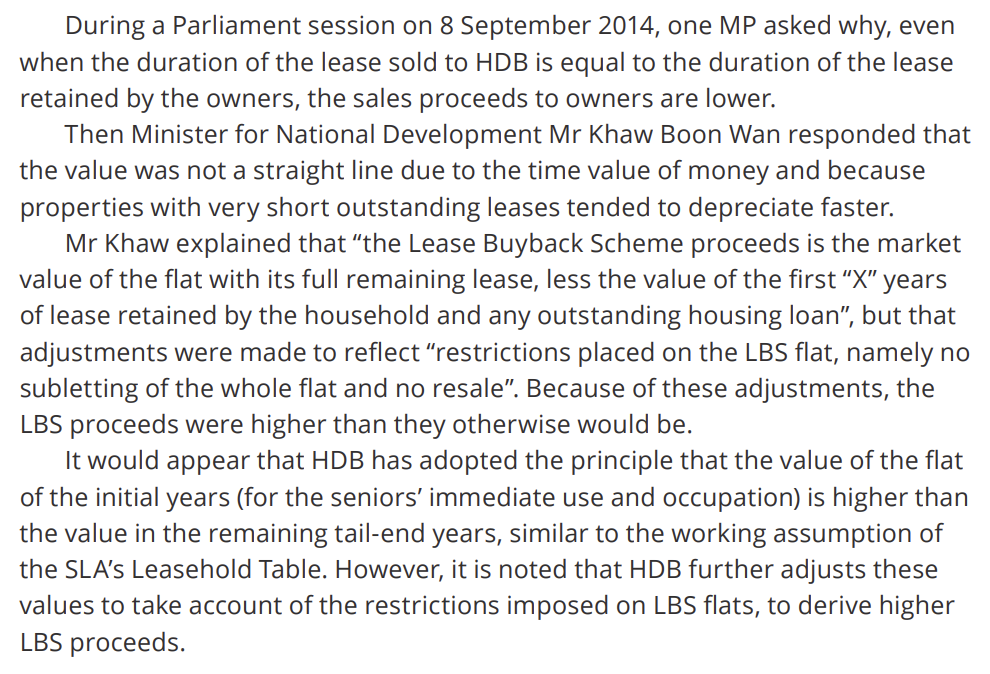
Anyway, Lee’s argument is when an HDB flat’s 99-year lease approaches zero, what is there left for the Singaporean homeowner?
Lee wrote:
“Starting with the Merdeka generation and every generation which followed, it was a matter of faith. Work hard, keep quiet, save for retirement and buy a HDB flat – getting on the housing ladder would lead to a better future and a comfortable, secure old age.
“Today, retirement and housing has become like a game of snakes and ladders, but with more snakes and fewer ladders. Effectively, almost all HDB flats will turn into depreciating assets worth zero. This is the ticking time bomb of the lease decay.”

Lee shared that when the 99-year lease of the land on which our public housing programme is built expires, there is no lease extension and no compensation.
He then raises the argument: If lease decay is the only way to “recycle land and provide affordable housing to future generations”, why does the SERS (Selective En bloc Redevelopment Scheme) pay market price as compensation?
He also asked for more official details on why only 5% of all HDBs are SERS-worthy (besides the “less-attractive” VERS, or Voluntary Early Redevelopment Scheme).
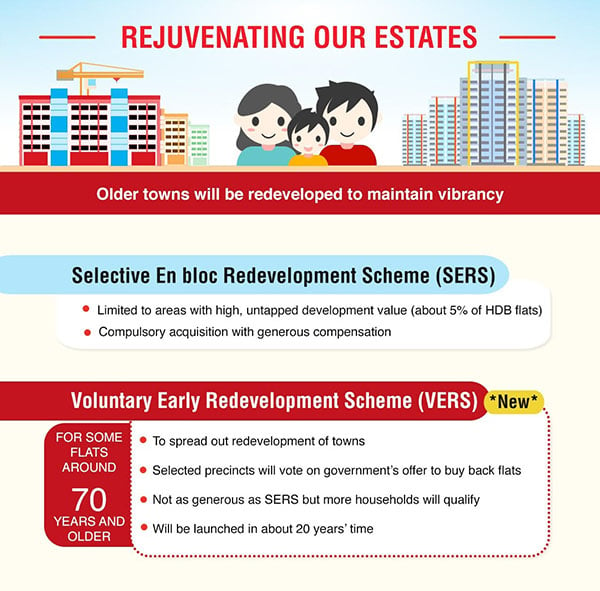
In essence, Lee is juxtaposing the lottery effect of SERS with the need for “fundamental policy changes which are transparent and equitable on public housing.”
This background sets the stage for Lee to emphasise the need for a system that allows lease extensions beyond 99 years.
This would create an equitable path for Singaporean homeowners worried about lease decay – especially senior citizens.
Lee gave a few examples in the UK and Hong Kong – where a lease can be extended for 50 years and is subject to an annual rent of 3% rateable value of the property at the extension date.
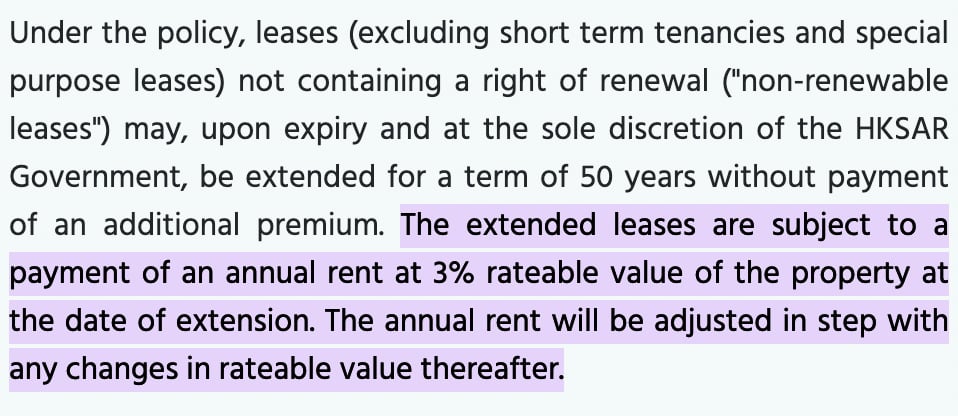
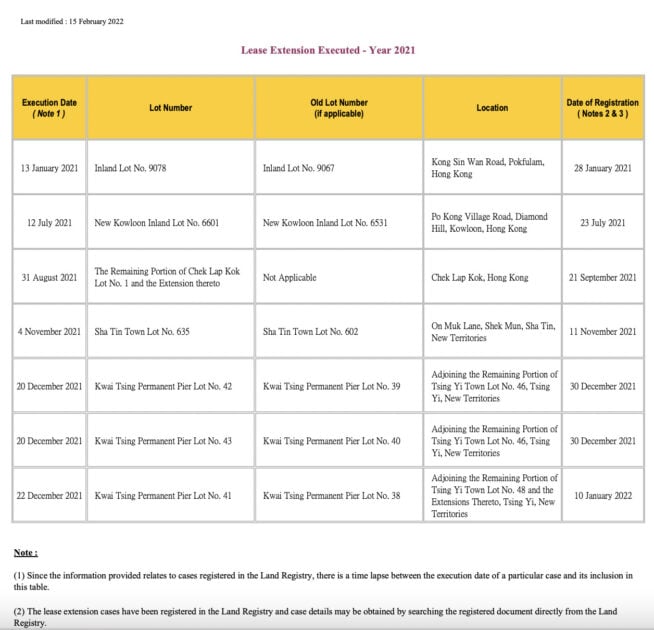
In the UK, there’s a statutory lease extension calculator for greater transparency in determining land value.
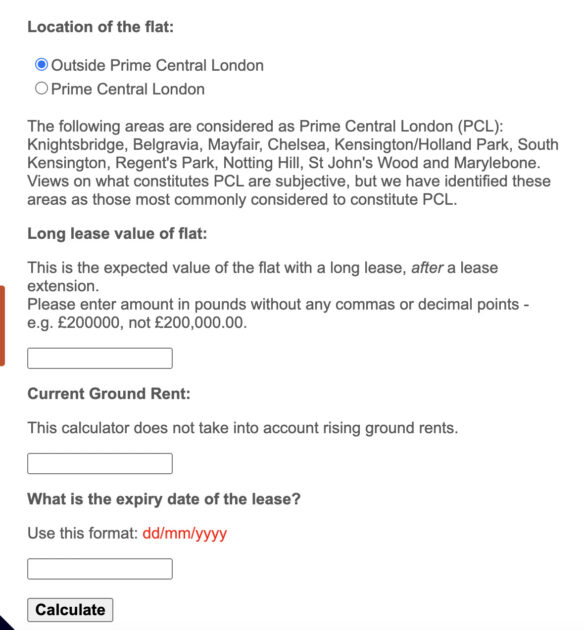
“Is it so difficult for Singapore to study examples of these elsewhere, with a view to adopting some elements of the best ideas?” Lee queried.
Subsequently, Lee pushed the need for a transparent lease extension system which can help the elderly who face being uprooted and downgraded to smaller flats, or made homeless, retirees who cannot pass on an inheritance to their children and middle-aged parents who still have loans left to pay.
As to how these extensions can be funded, Lee asked that we dip into “those legendary reserves, or cut the GST”, he argued, “and give people more freedom with the money they put into the CPF.”
At the time of publication, Lee’s post has garnered 2700 likes, 588 comments and 1100 shares.
–
–
Do you have something to say about Lee Hsien Yang’s commentary? Let us know in the comments section below.
If you found this article helpful, 99.co recommends Lee Hsien Yang and wife put Caldecott Close bungalow in GCB area for sale for S$16.8m and 38@Oxley: What we now know about Singapore’s most infamous property.
The post Lee Hsien Yang asks if HDB’s lease decay makes Singaporeans better off today than two years ago appeared first on .






















